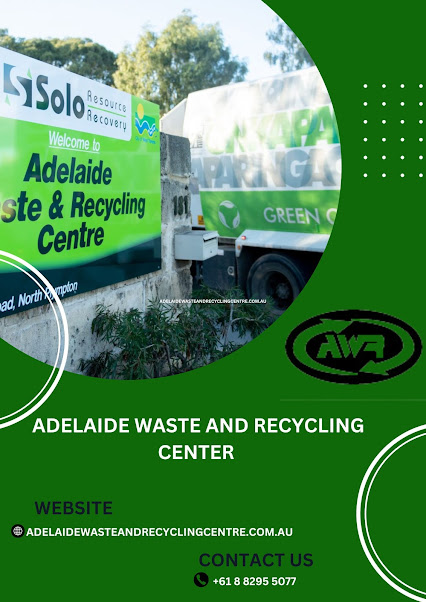Green waste recycling and other waste management services in Adelaide with unmatched economic benefits

The portion of green waste in Australia has increased significantly with fast urbanization and expansion of urban green space. Green waste generation is influenced by many factors, like building types, tree species, and waste collection methods used. Lawns and hedges produce more amount of green waste than shrubs and trees of equivalent areas as more frequent maintenance is needed for shrubs and hedges for aesthetics. Variations also exist in green waste due to factors like season, climate, location, and maintenance strategies. As green waste has very low heavy metal content, it is a good indicator for green waste dump Adelaide . However, due to its low density, transportation costs may increase. The major source of green waste is yard waste, gardening, and landscaping waste, which largely consists of grass, leaves, twigs, bushes, weeds, and small branches. The diverse mixture of biomass in green waste requires appropriate management to address sustainability issue...
.jpg)
.jpg)
.jpg)